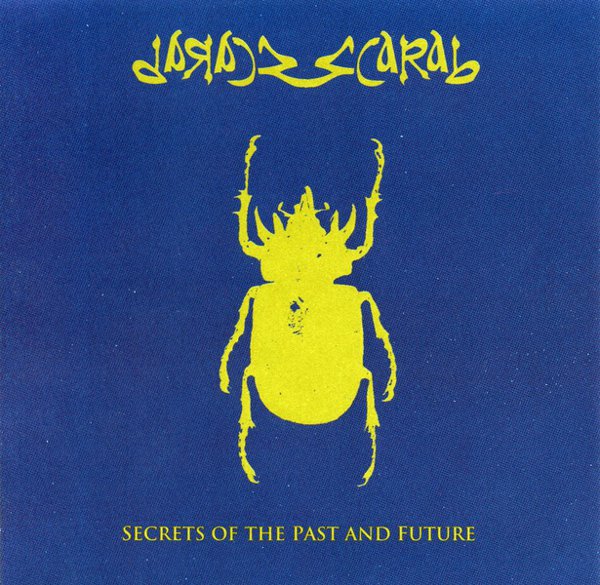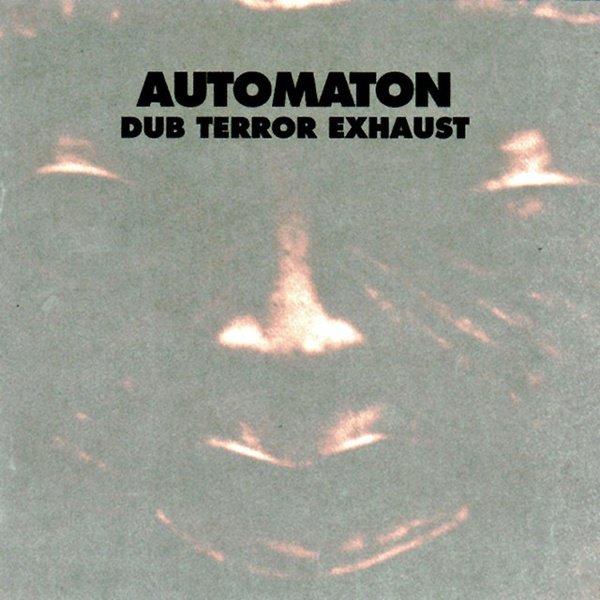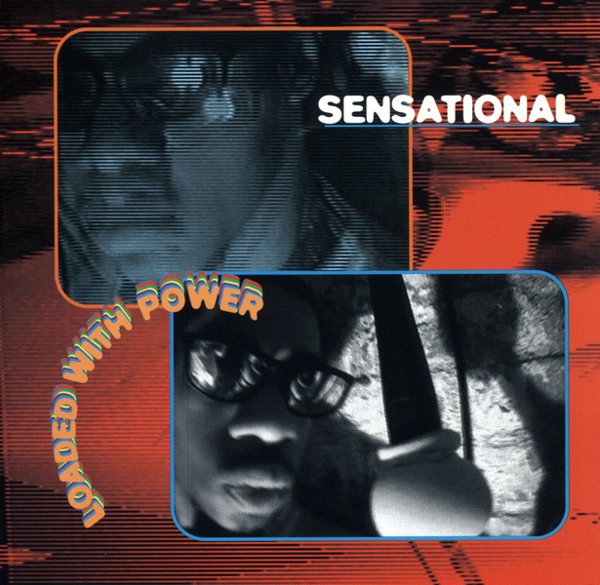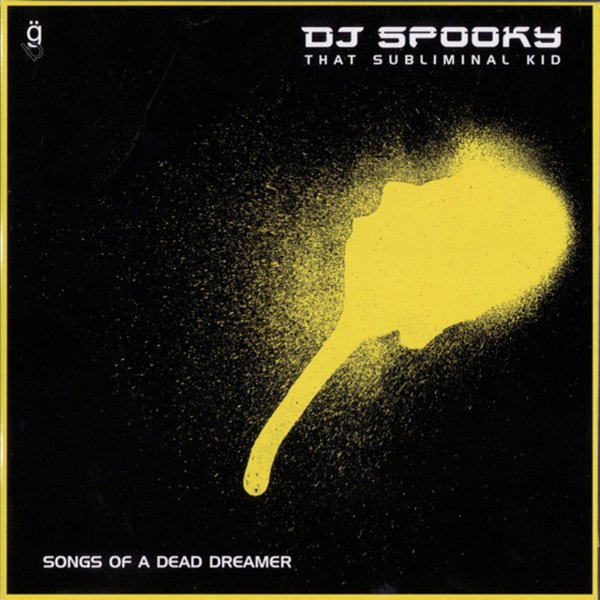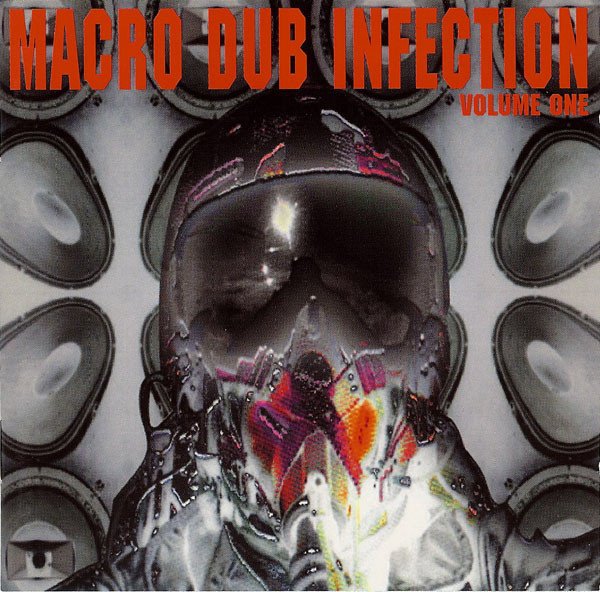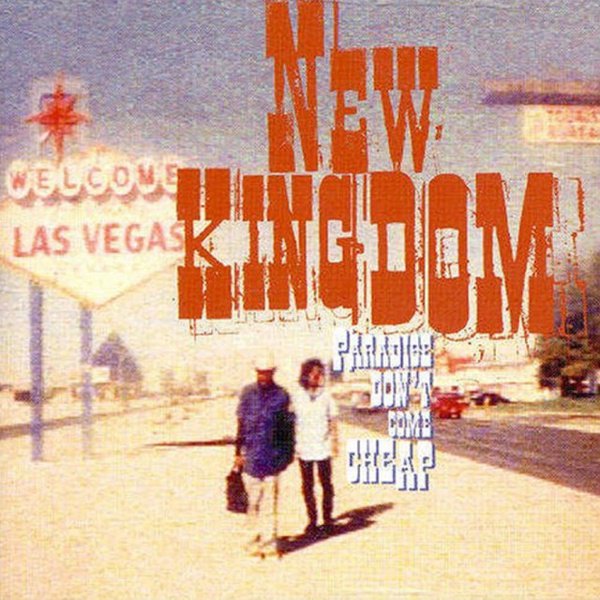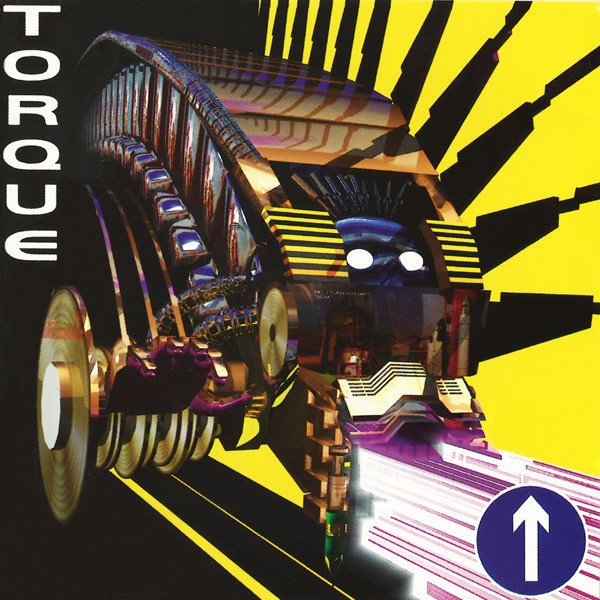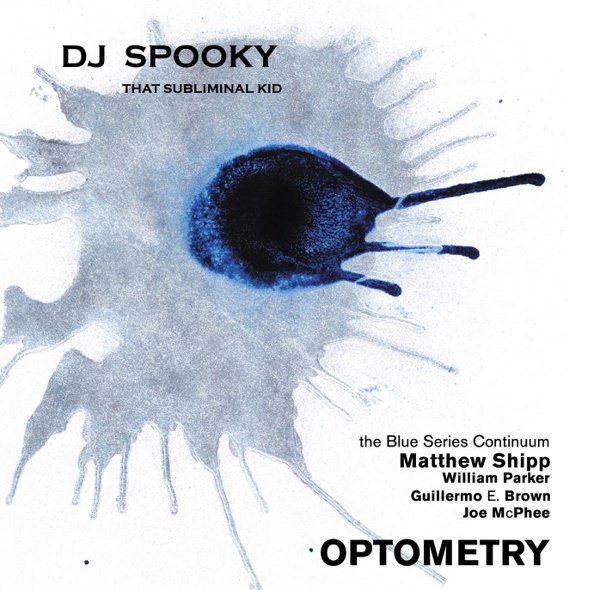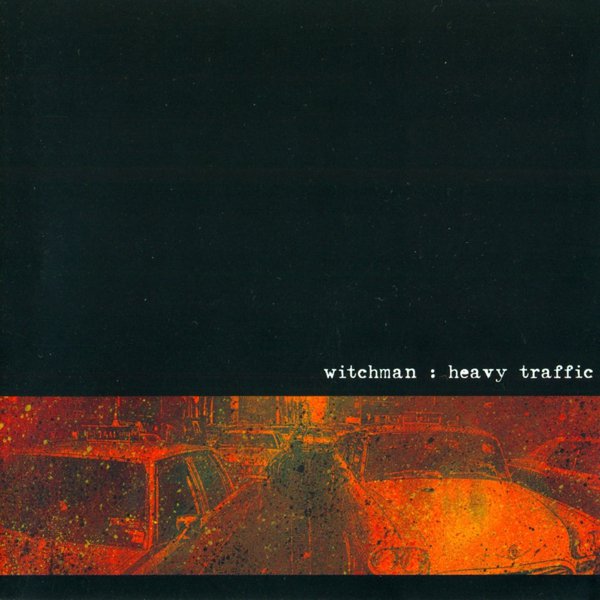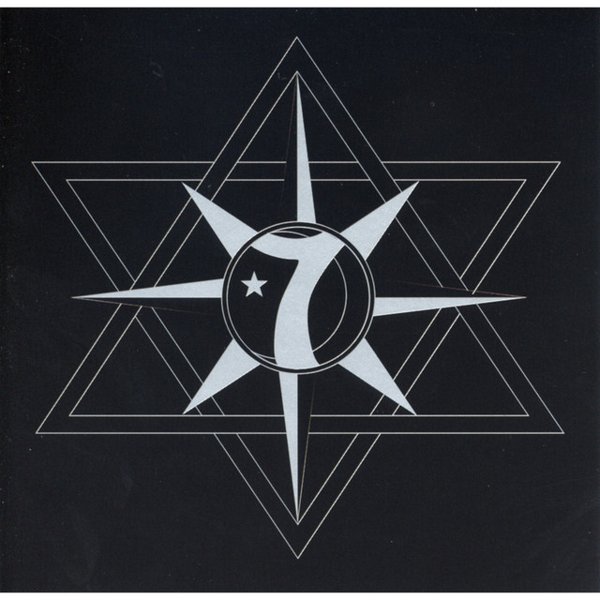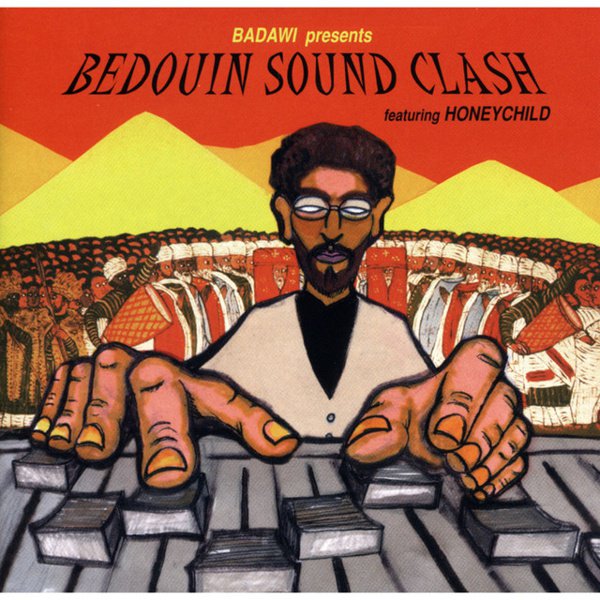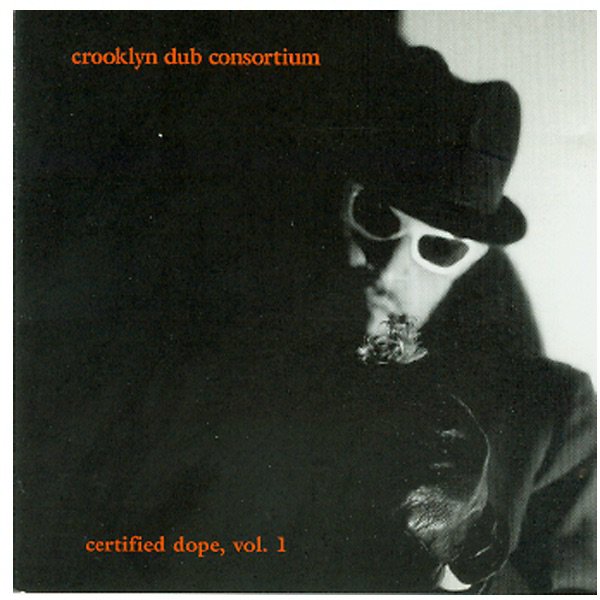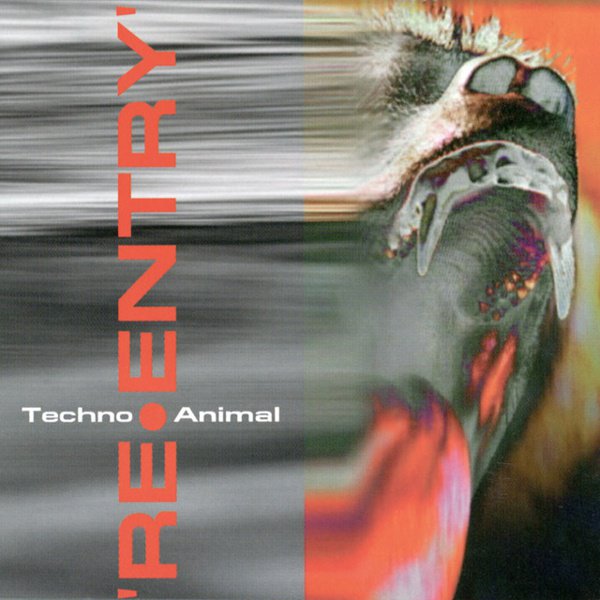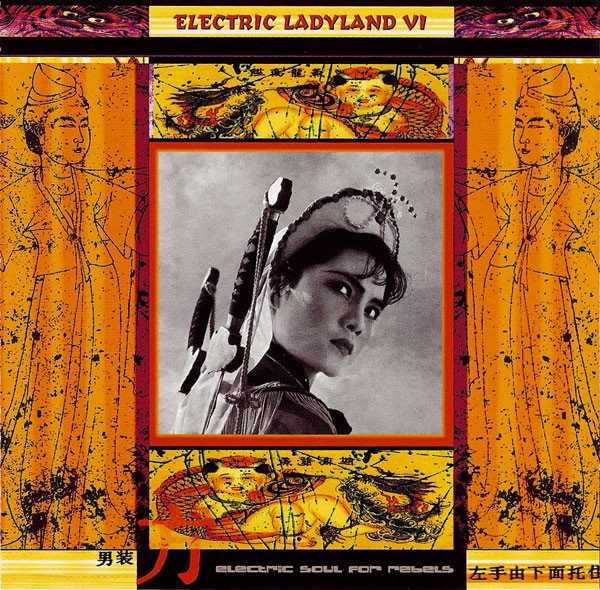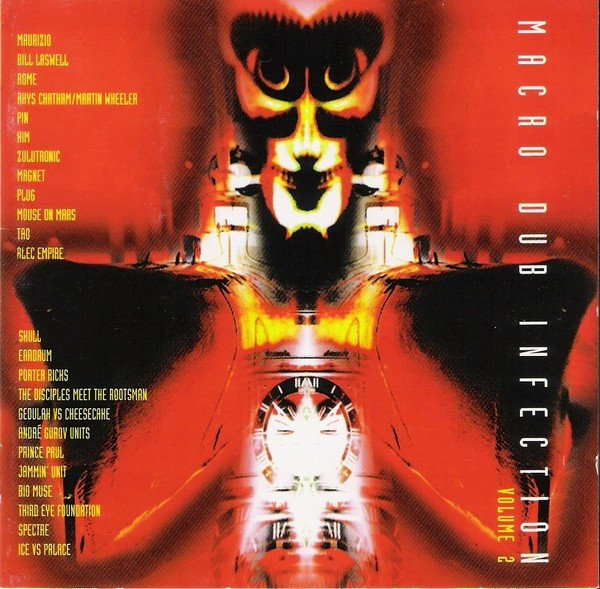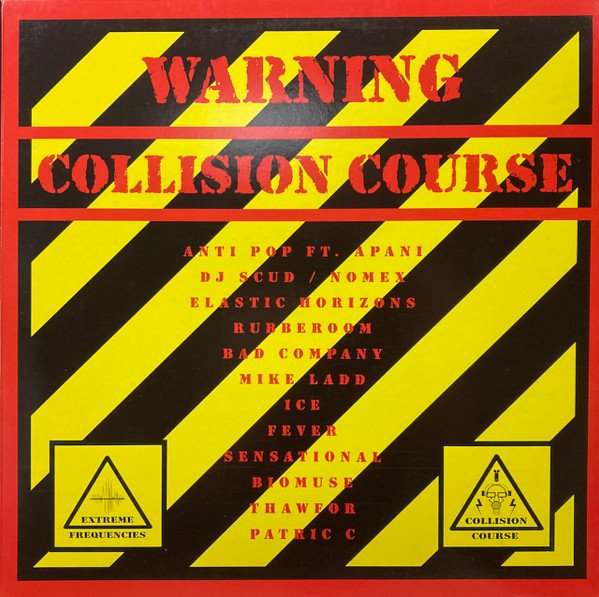In the late 1990s, a variety of subterranean sounds had a brief but potent moment in the cultural spotlight. Across the globe, artists who were combining dub, hip-hop, techno, drum ’n’ bass, industrial and raw noise in unprecedentedly aggressive combinations emerged in what seemed like the next evolution of bass-heavy, atmospheric music. Some were collaborators and part of actual scenes, while others worked in isolation and connected to their peers thanks to mutual interests and sonic obsessions.
One of the key scenes at the time was the “illbient” movement, based out of two Brooklyn neighborhoods, Williamsburg and Greenpoint (where Bill Laswell had a studio). The term, which combined “ill” and “ambient,” was allegedly coined by DJ Olive, who recorded on his own and as part of the trio We. Other big names at the time included producer Raz Mesinai (who recorded as Badawi and was half of Sub Dub) and DJ Spooky That Subliminal Kid, a co-founder of the Soundlab collective, which included the various members of We and other artists who would become affiliated with illbient.
Working along similar lines at the same time was Skiz Fernando, a hip-hop journalist and beatmaker who pioneered an extremely dark, ominous style under the name Spectre. He founded the WordSound label with some spiritual and financial encouragement from Laswell, and released dozens of CDs that laid out the parameters of a kind of dark mirror universe where dub, hip-hop, and industrial became one rumbling, paranoid style. Mick Harris of Scorn appeared on a couple of WordSound discs, and Kevin Martin first adopted the alias The Bug on 1997’s Tapping The Conversation, but Dub Syndicate drummer Style Scott recorded for the label, too, as did Laswell himself, and the indescribable avant-garde rapper Sensational.
In Europe, Achim Szepanski (of the early ’80s German industrial group P16.D4) formed Force Inc., a label that focused on electronic music, often of a noisy and pounding style. One of Force Inc.’s sublabels was Mille Plateaux, named for the philosophical concept described by Gilles Deleuze and Felix Guattari in their book of the same name. (Short version, kinda: history and culture are a vast map of discrete objects and circumstances which connect in a million impossible-to-predict ways; there is no master narrative and anything can potentially connect with any other thing.) Mille Plateaux released six volumes of compilations called Electric Ladyland (subhead: Electric Soul For Rebels) full of tracks that took thunderous hip-hop beats and married them to electronic noise and samples full of violent machismo; the first batch of artists were mostly European, and included Atari Teenage Riot founder Alec Empire, Andre Gurov, and DJ Vadim. There were some quieter pieces, too, by Gas and Mouse On Mars. As the series went on, illbient figures like Spectre, Slotek (another WordSound act), and DJ Spooky began to crop up, as did Kevin Martin.
Martin, who had first emerged leading the postpunk/free jazz ensemble God, had shifted his interests toward electronic music, in partnership with close friend Justin Broadrick of Godflesh. They formed Techno Animal to explore beats and mind-warping sonic frequencies (both low and high), as well as the throbbing industrial-dub group Ice, which took a more aggressive but still slow-burning approach. Martin curated several compilations in the mid to late ’90s that fell under the illbient umbrella, most notably the two volumes of Macro Dub Infection and Ambient IV: Isolationism, a sprawling set that brought acts from Aphex Twin to legendary British improvisers AMM to post-rock act Seefeel together, all joined in his mind by their ability to conjure dark, foreboding atmospheres. In the early 2000s, he would shift his attention from dub to dancehall as The Bug and Razor X Productions, but his interest in sternum-crushing levels of bass remained a constant.
The styles explored on these compilations, as well as individual albums by DJ Spooky, grimy hip-hop duo New Kingdom, Badawi, We and various WordSound artists (Roots Control, Slotek, Scarab and more) plumbed a dark vein of underground beat culture. Unsurprisingly, given its intensity, the moment only lasted a couple of years, but its reverberations continue to play out — the influence of WordSound, illbient, and the ultra-hard drum ’n’ bass of Witchman, Panacea, and the No U Turn label can be heard in dubstep and the darkness that continues to permeate certain corners of the electronic music multiverse.

